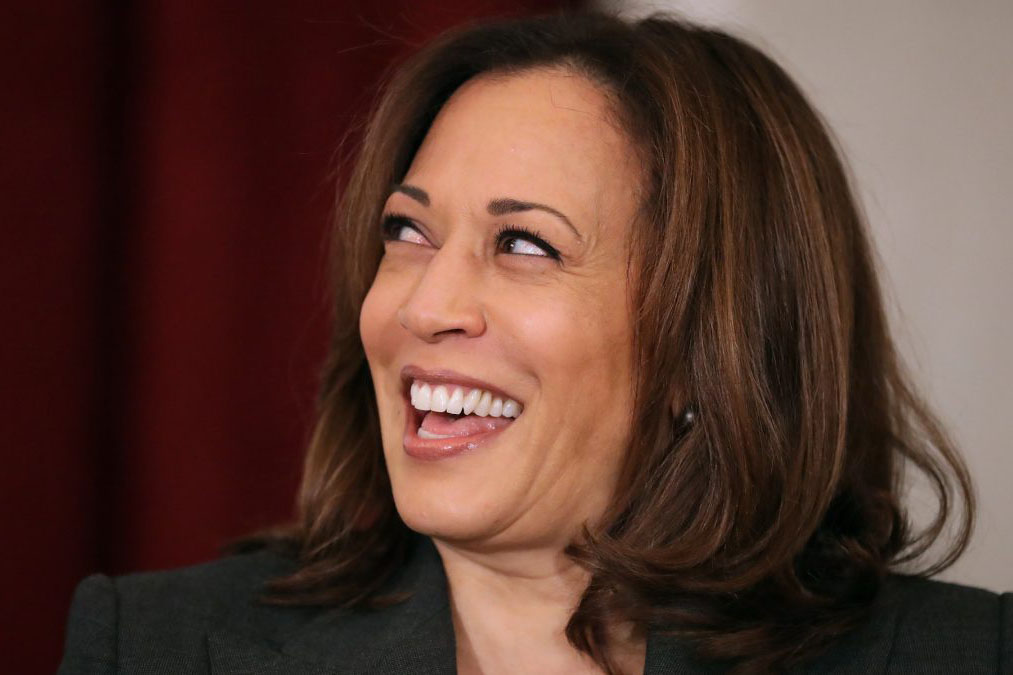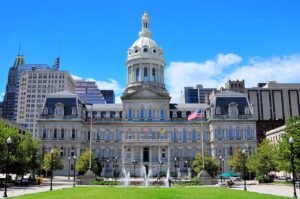Some of us are touched by Kamala Harris through her Indian mother, and others through her Jamaican father with his African roots, and millions more by her gender.
For Jews, eager as any minority for our piece of the great American quilt, we’re touched by Harris through Doug Emhoff, her husband who happens to be Jewish.
It has nothing to do with political persuasion, but with extended-family pride and the power of memory.
Emhoff has two children from a previous marriage. When Harris married their dad, the kids gave her a Yiddish nickname. It ensures her credentials as an honorary member of the tribe:
Mamele Kamala.
Little Mama Kamala.
Some of us learn this sweet story and hear echoes of Jewish mothers calling out to grandmothers, or aunts whispering tenderly to great-grandmothers:
“Mamele.”
As a gesture of connection, we’ll take it.
In polyglot America, we’re all outsiders. Race or religion, or ethnic background, define millions of us as minorities of some kind, wondering if “the others” — whoever they are — fully embrace us as Americans or secretly marginalize us through ancient stereotype.
The Irish, the Italians, the Blacks and the Latinos, and the Jews — the list is endless — all have felt the sting of prejudice as we attempt the great American balancing act of assimilation.
We overlap, or else, what’s the point of America? We offer to each other the best of our backgrounds. In our finest moments, we don’t just tolerate our differences, but celebrate them and learn from them — and take the best of them as building blocks and signs of our common humanity.
And so, along comes a Kamala Harris, Joe Biden’s pick as the first woman of color to run for vice president, who offers comforting signals to millions who know what it feels like to be marginalized.
Her life story is a mixture of so many of us. She’s a child of immigrants in an hour when an American president attempts to demonize such people and thus rebuke our entire history. She’s a woman of color, which is a combination common to millions of Americans. And yet, in our entire history, such a mix has never found a place inside the White House.
This week, as the Democrats offer their version of a political convention in a time of plague, we’ll see which part of Harris’s background she’ll stress and how it contrasts with Donald Trump and Mike Pence’s vision of America.
As Maureen Dowd wrote in Sunday’s New York Times, “President Trump represents the last primal shriek of retrograde white men afraid to lose their power. He’s a dinosaur who evokes a world of beauty pageants, ‘suburban housewives,’ molestation, cheating on your wife while she’s pregnant, paying off porn stars, preferring women to be seen and not heard, dismissing women who challenge you as nasty, angry and crazy.”
Dowd’s laying it out there for generations of women who have felt themselves left out and overlooked and stereotyped. Now, they’re standing up to modern American history’s most profoundly divisive president.
Millions will reach for — or reject — their connection to Harris, depending upon their specific political leanings. But Harris takes many beyond politics, to the hunger for inclusion in the fullness of the American mix.
For some, it’s about gender. For others, race or religion, or connection to a faraway land.
For some, maybe the connection’s implied in a single word.
Mamele.
It sounds like a heartbeat.

A former Baltimore Sun columnist and WJZ-TV commentator, Michael Olesker is the author of six books, including “Front Stoops in the Fifties: Baltimore Legends Come of Age” (Johns Hopkins University Press).





